As an Amazon Associate I earn from qualifying purchases.
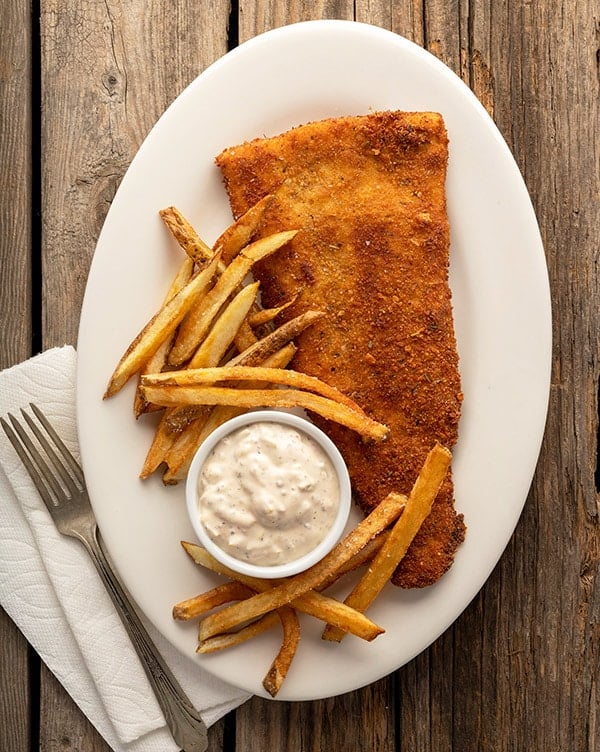
I have a history with fried flounder.
Flounder, either a winter flounder or a fluke, was the first fish I ever caught. I can’t remember the exact day, but I can tell you I was about four or five years old and it was aboard a party boat off the New Jersey shore. If I had to guess, it’d be the Norma K II.
Mom loves flounder, and so did my step-dad Frank. Mom taught me to keep the line under my finger while the bait was in the water, to better feel the delicate bite of the winter flounder, which are notoriously tricky to hook. We caught lots of them, as well as the larger fluke, which run once the weather warms.
Afterwards, almost without variation, Mom would make fried flounder. Always dipped in flour, then egg, then breadcrumbs, always with “ta-ta” sauce, which is how my New England Yankee Mom pronounces tartar sauce.
These were the days of liberal limits, so the family could come home with coolers full of flounder. Mom always preferred to eat fish fresh, so we’d do a huge fish fry either that night or the night after. I have memories of her standing at the stove, frying fish after fish after fish.
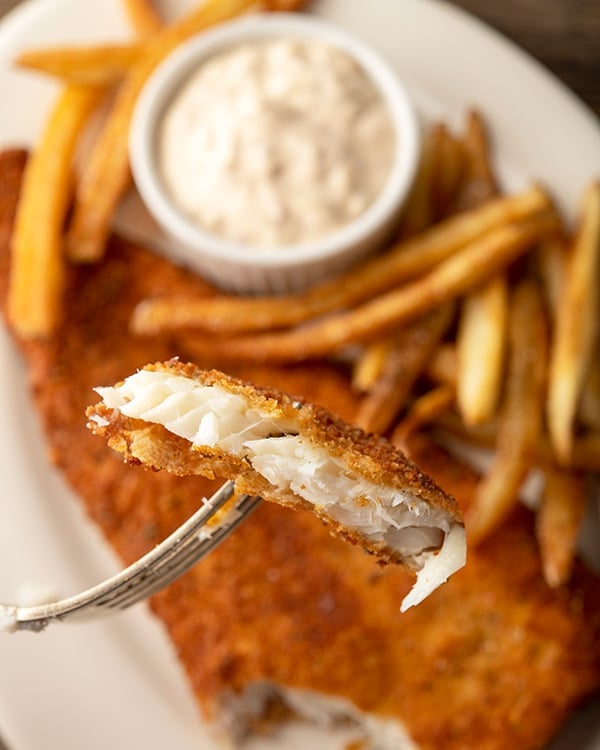
Each fried fillet would go on a paper towel to drain. Soon the stack would grow, sometimes a couple feet high.
I can hear you thinking, because we all were, too. Once it was time to eat, it was a mad scramble to get the fish fried last — only they would still be crispy. By the time we’d reached the oldest fish, they had become little more than a vehicle for ketchup or Mom’s ta-ta sauce.
It never occurred to her, or to me until much later, that setting the finished fish on a cooling rack set over a baking sheet in a warm oven solved that problem. I am glad I know this now. Pretty sure I picked it up in college, when I fried a lot of fish in my dorm room at Stony Brook.
But it was far later still that I realized you can make fried flounder any way other than with breadcumbs. And to this day, while I love my fish and chips recipe, as well as Japanese tempura, and Southern style cornmeal-fried fish, when it comes to flounder or its cousins, I still reach for the breadcrumbs.
And it’ll be old school Italian-seasoned regular breadcrumbs, too. No panko for me, although if you like it you will not hurt my feelings.
Another tip I picked up later in life was to bread your fish early and set them in the fridge for a few hours. This helps the breading set up and stick to the fish, and yes, it really does make a difference.
I now make my fried flounder with the belly fillets — the “white fillets” — from barely legal California halibut, which is a cousin of the fluke. Our minimum size is 22 inches, and those, up to about 24-inchers, make excellent fried flounder. I tend to slice off the thicker, front end of the fillet, usually using that to make Chinese sweet and sour fish.
Once made, if you have any leftovers, set them on a paper towel in a plastic container in the fridge. Then eat them cold with leftover tartar sauce the next day.
Fried Flounder with Tartar Sauce
Ingredients
TARTAR SAUCE
- 1 cup mayonnaise
- 2 teaspoons mustard, Dijon or brown
- 2 teaspoons lemon juice
- A few drops of Tabasco sauce
- 1/2 cup chopped pickles
- 1 teaspoon small capers
- 1 shallot, minced fine
- 1 tablespoon minced chives
- Salt and black pepper
FISH
- 2 to 3 pounds skinless flounder fillets
- Salt
- 1 cup flour
- 2 eggs
- 1/2 cup milk
- 1 tablespoon mustard
- 1 cup breadcrumbs
- Oil for frying
Instructions
- For the tartar sauce, mix everything in a bowl and set it in the fridge. Salt the fish lightly on both sides and set aside.
- Set up a breading station. You will want plates or shallow bowls or somesuch. The first has the flour in it -- and if you want more seasoning than I am suggesting in this recipe, this is where you add it -- then another basin with the eggs, milk and mustard all beaten together, then the final basin with the breadcrumbs.
- Dredge the flounder in the flour first, pressing it into the fish and making sure you get it totally covered. Now sweep the fillet through the egg wash, again making sure you get it totally coated. Finally, set it in the breadcrumbs and press them in to make a good coating. Set each fillet on a plate or tray in the fridge and let it rest 1 hour, and up to all day.
- When you are ready to fry, pour in enough oil to get to a depth of about 1 inch in a large frying pan. If you happen to me making the fries to go with this, make them first and hold them in the oven. Heat the oil over high heat. Set a rack over a baking sheet and put that in the oven. Set the oven to "warm."
- When the oil hits 350F, fry your fish, right from the fridge. This works because they are very thin, and you want a pretty golden crust without overcooking the fish. Room temperature flounder fried this way will overcook. It take about 3 to 5 minutes per side to get golden brown. Move each finished fillet to the rack in the oven. When they're all done, serve it up with the tartar sauce.
Nutrition
Nutrition information is automatically calculated, so should only be used as an approximation.
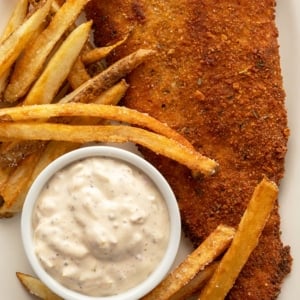
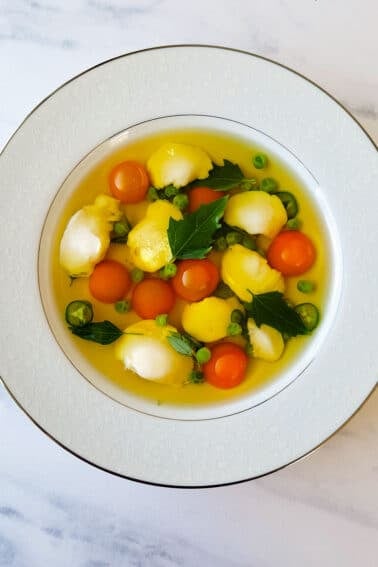
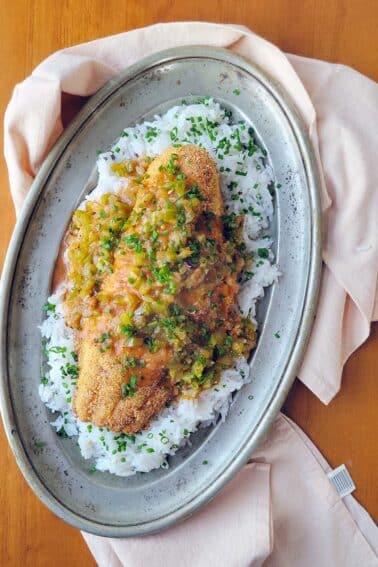
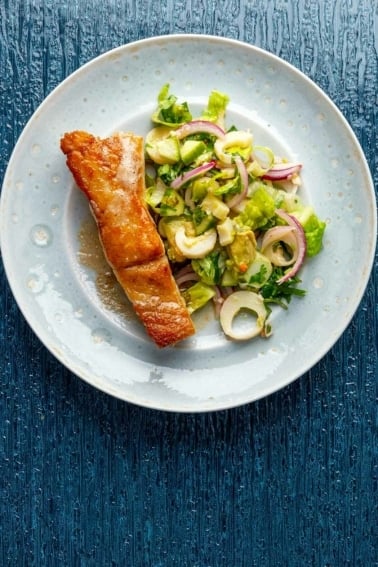
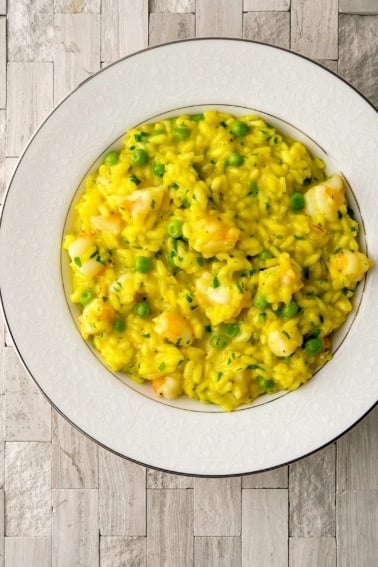
This is pretty spot on for how I grew up eating blue gill and white bass fillets in western kentucky. Excellent, simple, all you need. This sauce is phenomenal, truly. However, with the right fry cook behind the pan and an ornery sob of an uncle behind the fillet knife all you really need is a dab of Tabasco and a beer with these. Cheers.
This is pretty spot on for how I grew up eating blue gill bud red ear fillets in western kentucky. Excellent, simple, all you need. This sauce is phenomenal, truly. However, with the right fry cook behind the pan and an ornery sob of an uncle behind the fillet knife all you really need is a dab of Tabasco and a beer w these.
I am going to be making flounder tonight….My sister who lives on Long Island Sound, in Byram, (little section of Greenwich) CT, went fishing with her daughter the other day!! Beautiful fluke and I was blessed to get some filets!!!! I grew up on tartar sauce that was made with Mayo and my mother’s homemade tomato relish that we called Chow Chow!!! When she stopped making it we had to get used to store bought relish..I use mostly Heinz…. But reading your recipe and the reviews brought me back to the day when we would go flounder fishing with drop lines over the side of our old , also, homemade, rowboat….. my father built it when he came home from the service, Navy, South Pacific….
My goodness! What a hit. My grandchildren loved this fish. Thank you!
Decided to try this today as a departure from our usual cornmeal coated flounder, and absolutely loved it. Reminds me of schnitzel. Very crispy and light. 30 minutes in the fridge worked well for me. Thanks for sharing!
Holy mackerel ! (pun intended) I did not read about you till after I posted the review of your fried flounder. Very impressive curriculum vitae and I guess you don’t need me to verify the excellence of your recipes. I will be looking at more although all I do is fish not hunt or forage although I wish I had learned a long time ago.
* Not a duplicate comment*
Holy mackerel ! (pun intended) I did not read about you till after I posted the review of your fried flounder. Very impressive curriculum vitae and I guess you don’t need me to verify the excellence of your recipes. I will be looking at more although all I do is fish not hunt or forage although I wish I had learned a long time ago.
Best fried flounder I have ever made! Reminded me of home 50 years ago in New York. I will be making this often. I made the ta-ta for my husband who is from Boston. Thank you very much.
Stony Brook? You went to Stony Brook??? So did I and my Mom made a lot of flounder too. It became a comfort food in our house, and I just finished making and eating some
There’s nothing like it! I graduated in 1975 with a a Bachelors degree in Biological Sciences.
Stephanie: Yep, I did. Graduated long after 1975, though. Was a very different campus then. I graduated in the 1990s.
Is the mustard dried mustard or something like French’s?
JR: It’s regular mustard, not dry.
I love the memories you shared of your mom, I can just imagine those stacks of fish.
My wife makes essentially the same, but instead of mustard, uses some Bengal Curry and lets it sit in the fridge overnight. We got that from a Chinese lady who grew up in Shanghai until she escaped to Manila in 1949 with 6 drums of soy sauce, with a million in gold bars distributed among them. Her husband was Spanish and her cooking style was eclectic. Lucy was a trip. She managed to gamble away most of her fortune, but got her daughter into Harvard Law. A real survivor.
I just walk down the street, find a hermit crab, extract him and on the first cast, have dinner. Filet out a 2.5 pounder and do sole meuniere with asparagus and fried potatoes. South Texas is hard to starve to death in.
Sound more involved than mayo pickles onion and seasonings but want to try it. Thanks
My Nonna added a punch of sugar and a dash of cayenne in her egg wash for fried flower blossoms and the pan fish my Nonno and I caught in ponds. She did the same for veal parmesan but not mustard in the egg wash, because my Dad was allergic to mustard.
We make our own tartar sauce, didn’t add capers, mustard or tabasco, but we’ll try them. We use dill pickles that we added crushed red pepper flakes and chopped garlic to them soon as we bring a new jar home.
California halibut don’t need to be fried but I’ll try it with the next one I catch or better yet with a Starry Flounder which need a little more something compared to the California flatty.
This sounds delicious, Hank. I like the early breading tip and I cannot wait to try the tartar sauce.
Looks fantastic, can’t wait to try this with some of the smaller walleye and perch. I’ve never heard of the mustard trick. Breading is my favourite way to cook fish as deep frying tons of oil still terrifies me.
Interesting tip on letting the breading set, I’m going to have to try that.
My hot tip for homemade tartar sauce is to add just a touch of adobo from a can of chipotles.
Doug: Sounds delicious, but a New Englander might frown and judge you harshly for that. 😉